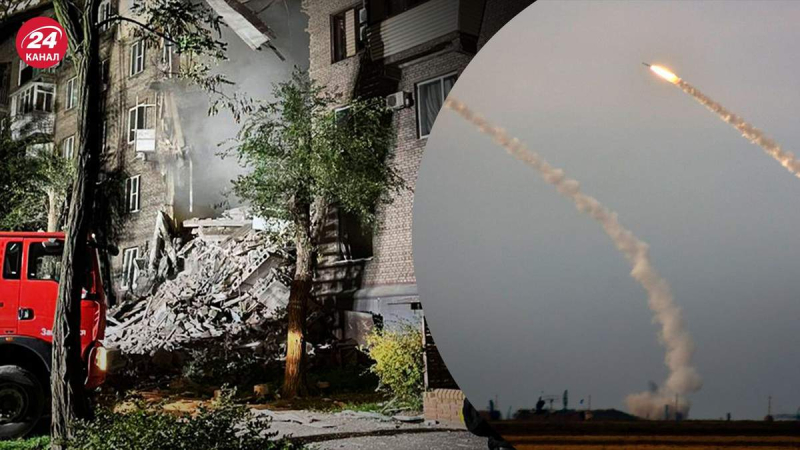The aggressor state continues its punitive operation against the civilian population of Ukraine, due to the success of the Armed Forces of Ukraine on the battlefield. Read more in the exclusive blog for Channel 24 website.
National competent authorities, civil society and the media are making efforts to bring the perpetrators to justice. At the same time, international investigation processes have been launched. But what are foreign countries really doing?
Imitating Active Participation
To date, 10 countries have started investigating international crimes committed in Ukraine. These are Estonia, Germany, Latvia, Lithuania, Norway, Poland, Slovakia, Spain, Sweden and Switzerland. In addition, the EU, the US and the UK have set up an Advisory Group to Investigate Crime in Ukraine to ensure effective coordination and accountability.
How the Foreign Investigation Mechanism Works
If you have not yet seen a Swedish policeman in Ukraine, the problem is not with you. The fact is that the foreign investigation is not similar to the Ukrainian one. Its essence is not to collect evidence from the crime scene, conduct examinations, document and verify information from open sources. Foreign investigation today is an interview with victims and witnesses of international crimes in the territory of the mentioned states, exclusively with their voluntary consent and only by prior appointment with the police.
Moreover, before the suspect arrives in a foreign country, the investigation can last for years and even decades. At the same time, without a separate order, the police will not check every person who arrived from the Russian Federation at the border in order to find out if he is in the database of suspects. Consequently, a Russian rapist or murderer will be free to travel the world if he does not show a desire to voluntarily surrender to foreign investigation bodies.
An investigation for the sake of an investigation
The announcement of the launch of an investigation into international crimes in Ukraine has become a form of expression of deep concern and a show of solidarity. For persons directly involved in this process, it is also a guarantee to have a long-term contract and feel their importance. But what is the ultimate goal of the investigation? Is this a political move or a legal initiative? Does it promote victims' rights? Does it help to ensure the inevitability of responsibility for criminals?
Without a court decision, the answer to the previous questions is “no”. Open proceedings do not give the right to compensation. It does not allow the person to be found guilty. Does not contribute to the restoration of justice and the right to truth. An initiated investigation grants the affected person the status of a victim and, without real results, leaves him in this role forever.
A positive experience
Today, 16 states are investigating international crimes committed in 22 other states. At least 102 people are suspected of war crimes, crimes against humanity and genocide. 17 people are waiting for a decision of a foreign court. 15 criminals have been jailed for long periods. The international community is not surprised by the pace and number of investigations, but shows a willingness to get concrete results. Out of 16 states, 10 have already begun to study the situation in Ukraine. This gives hope for the triumph of justice.
How to make the mechanism work more efficiently
No state in the world will conduct an investigation better than the competent authorities of Ukraine. Waiting for someone to come and do this work for us is short-sighted and naive.
Ukraine should pull the blanket over itself: organize cooperation with foreign bodies in such a way as to avoid duplication of activities, ensure the exchange of information, simplify the procedure for providing legal assistance, in particular – for the interrogation of victims and witnesses, for potential extradition. It is advisable to move from the “do it for us” model to the “do it with us” model.
States with experience in investigating international crimes and bringing the perpetrators to justice can provide expert services, train Ukrainian professionals, promote reform and bringing national legislation and practice in line with international standards.
We rely only on ourselves, and let proceedings in foreign bodies remain a pleasant bonus and a horror story for Russian criminals. After all, finally, the problem has been identified, and, therefore, half resolved.

